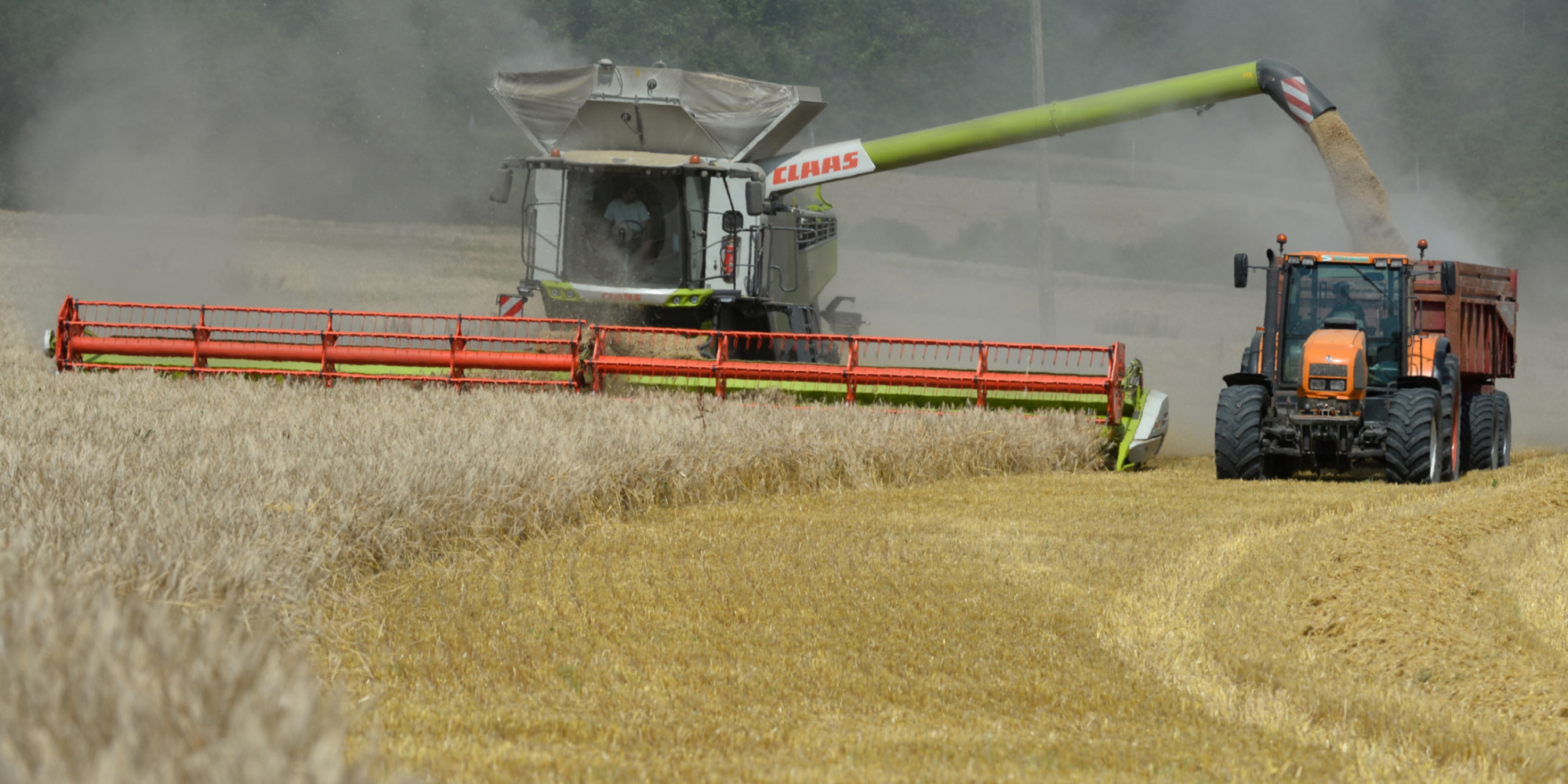Louise Sallé, edited by Gauthier Delomez 3:29 p.m., March 30, 2022
To avoid a global food crisis linked to the war in Ukraine, the European Union has just authorized the cultivation of fallow land.
This measure, welcomed by the farmers of the FNSEA who audition the candidates on Wednesday, is not without consequences on the environment.
This will require more pesticides and chemical fertilizers.
Fallow land is today untouched by any exploitation.
This period of rest allows the soil to naturally regenerate its ecosystem.
In all, these fallows represent nearly four million hectares within the European Union.
Due to the Russian invasion in Ukraine, the price of wheat has recently soared.
Speculators, worried that a future shortage will emerge, have thus pushed prices up.
To lower these amounts and reassure the markets about the availability of wheat, the European Union therefore wishes to extend its arable land.
>> Find Europe Matin in replay and podcast here
Spread over 500,000 hectares in France
To extend them, the Commission has announced the cultivation of fallow land, which will need to be chemically stimulated to produce.
Nicolas Bricas works at the Agronomic Research Center for Development (CIRAD): "We will have to enrich these soils", he explains to the microphone of Europe 1. "In France, we can estimate at 500,000 hectares which could be put in culture. On these hectares, which we leave today in rest, we extend the use of fertilizers and pesticides", explains the researcher.
>> READ ALSO
- War in Ukraine: why a global food crisis is feared
These pesticides, added on top to produce more, are exactly the same as those used today in the grain industry.
The same goes for fertilizers: "These are combinations with nitrogen, phosphate and potash", specifies Nicolas Bricas.
"And if we use a lot of chemical fertilizers, when it starts to rain, the fertilizer goes into the runoff water, and
ultimately
the water from the sea," he recalls.
"The algae in Brittany developed because we have chemical fertilizer residues that end up in the water. This kills all the fauna that is peripheral, and today we don't really know how we are going to recover that. “, regrets the CIRAD researcher.
With this decision to recultivate fallow land, the European Union is also compromising its objectives set for 2030: the reduction of pesticides by 50% and chemical fertilizers by 20% is becoming difficult to achieve.

